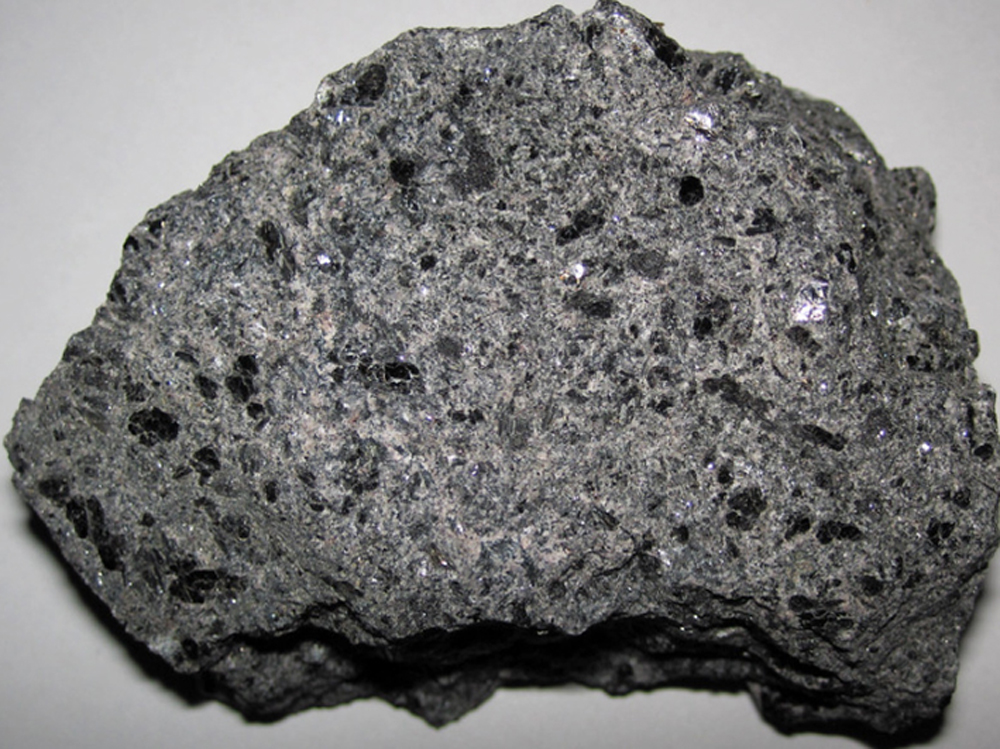Changing Climate and Traditional Crops



India is set to embark on a new chapter in its Polar exploration journey with the construction of Maitri II. The Indian government plans to establish a new research station near the existing Maitri ba...
.png )
The Deep Ocean Mission (DOM), approved by the Government of India in 2021 under the Ministry of Earth Sciences (MoES), represents a strategic step in realizing Sustainable Development Goal 14 (SDG 14:...

China recently announced restrictions on the export of seven rare earth elements (REEs), soon after US President Donald Trump decided to impose tariffs. As the world's dominant supplier—responsible fo...
Changing climate has impacted several traditional crops in India which have ecological, nutritional and economic benefits. There is an urgent need for technological and financial initiatives to preven...
Pre-treatment of seeds through various methods enables rapid and uniform germination. In short, it accelerates the natural processes and releases the dormant life force within.
Over the last two decades, there is a decline in the average yield in wheat production. A close examination of the weather data indicates that this decline may be related to climate change.
Application of biotechnology in agriculture and husbandry might be the next step to food security in India. Proper infrastructure, technology and market systems are crucial to materialise.
Changing climate has impacted several traditional crops in India which have ecological, nutritional and economic benefits. There is an urgent need for technological and financial initiatives to prevent the ultimate disappearance of these crops.

Pre-treatment of seeds through various methods enables rapid and uniform germination. In short, it accelerates the natural processes and releases the dormant life force within.

Over the last two decades, there is a decline in the average yield in wheat production. A close examination of the weather data indicates that this decline may be related to climate change.
